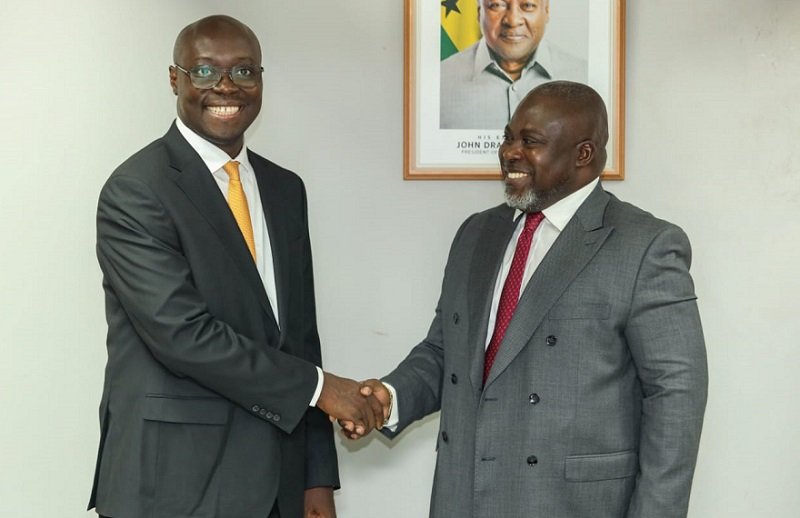ARTICLE AD
Ghana’s quest to leverage the African Continental Free Trade Area (AfCFTA) for accelerated development, can only be achieved on the back of engineering and industrialisation, an international chartered director and industrial engineer, Professor Douglas Boateng, has stated.
According to him, the country needed the right technologies and solutions to venture into local production of the goods and services as well as become an active player in the industrial and commerce space in Africa and the global stage.
Professor Boateng made the call at the Ghana Institution of Engineering (GhIE) inaugural lecture on the theme: ‘Engineering, Industrialisation, AfCFTA and Strategic Sourcing: The Inextricable Links,’ in Accra, last Thursday.
It was attended by members of the GhIE, Senior Presidential Advisor, Yaw Osafo-Maafo, and a cross-section of the public.
Prof. Boateng said there was the need to support engineers, to be able to find solution to societal and industrial problems.
He said engineering must be placed at the centre of the country’s development, to produce machinery to process the country’s mineral and natural resources into finished products.
Prof. Boateng noted that the US, UK, China, Japan, Germany and South Korea among others, developed on the back of engineering, and urged Ghana to do same.
To this end, he suggested that the Ministry of Trade and Industry must be refocused to become Ministry of Industrialisation, Commerce and Development.
Prof. Boateng noted that the current structure of the ministry did not promote effective industrialisation, thereby resulting in poor outcomes in engineering, commerce and development.
He said engineering must be at the core of long-term planning and development, stressing that engineering was key to economic transformation.
Prof. Boateng said “the GhIE should be supported to produce local solution and technologies to promote industrialisation of the country.”
He said the country could not continue to export its material and mineral resources in raw form, lamenting that it was the cause of unemployment and pressure on the Cedi.
The President of the GhIE, Mr Kwabena Bempong, said the topic for the lecture was not only timely but critical, as it lied at the heart of Africa’s industrial and economic transformation.
He said engineering had been a cornerstone and the backbone of industrial development, adding that it was through innovative engineering solutions that the country could overcome its challenges, optimise its resources and drive sustainable growth.
Mr Bempong said Africa stood at a new era of growth and development, and AfCFTA presented unprecedented opportunities to harness the collective strengths and resources.
“I have said that if we do not take the opportunity that AfCFTA provides to us in terms of the 1.5 billon population of our continent to produce, then we will have to remain net consumers leading huge imbalances in our trade with the world,” he stated.
BY KINGSLEY ASARE

 7 months ago
53
7 months ago
53 

